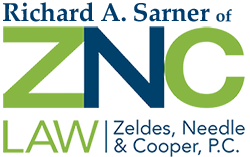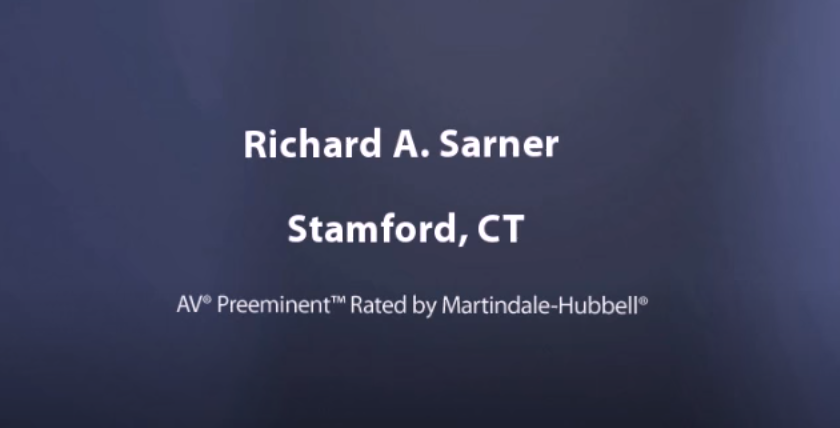Return to Main
Probate and Estate Administration – An Overview
The Probate Process
Role of the Executor
Avoiding Probate
Will Contests
Frequently Asked Questions about Probate and Estate Administration
Probate and Estate Administration Resource Links
Probate and Estate Administration Contact Form
Frequently Asked Questions about Probate and Estate Administration
Q: What is probate?
A: In general, probate is the court procedure by which a will’s validity is proved, assets collected, creditors paid and the remaining assets distributed to beneficiaries under the will.
Q: What is a will contest?
A: A will contest is a legal action that challenges the validity of a will and/or the terms of the will. Will contests typically involve allegations that a will was inadequately executed, invalidated by a later will or was the result of forgery or undue influence.
Q: What type of assets are typically non-probate assets?
A: Non-probate assets can be transferred without oversight by the probate court. Some examples of non-probate assets are proceeds from life insurance policies, an IRA account, a 401(k) account or any other taxed deferred retirement plan account with a named beneficiary.
Q: What role does the executor play in the probate process?
A: The executor is responsible for initiating the probate proceeding, collecting and inventorying assets, paying debts owed by the estate, filing and paying taxes, distributing assets to the beneficiaries, and closing the estate. Because of the numerous details and technical requirements that must be satisfied, attorneys experienced in probate and estate administration are often employed to guide the executor through the probate process. The executor is entitled to compensation for time and expenses spent during the process.
Q: Are their ways to avoid the probate process?
A: There are several methods to use to avoid the probate process. These methods include creating a joint ownership with right to survival in property such as real estate, automobiles and other titled property; making beneficiary designations on accounts such as payable-on-death (POD) bank accounts and transfer-on-death (TOD) securities; and placing property in a revocable living trust. Your attorney can help you manage your property to avoid probate and to transfer property smoothly to your beneficiaries after your death.
Q: What are the advantages of avoiding a probate proceeding?
A: The probate process can be slow and can tie up property anywhere from several months to several years. In addition, it can be costly because attorney fees, executor fees and court fees are paid out of the estate.
Q: What happens to my property if I don’t have a will?
A: Every state has a set of default rules that determine how property will be distributed in the absence of a valid will (known as intestacy). If someone dies intestate, the property generally is distributed to a surviving spouse or domestic partner, children, parents, and other close relatives.
Q: What is a revocable living trust?
A: A revocable living trust is a type of trust that takes effect during the testator’s life and can be changed or terminated at any time with the property returning to the testator. The testator also can retain control over the property in the trust by naming themselves as the trustee and naming a successor trustee to take over trust administration at the testator’s death. These trusts are often used as a means to avoid probate because the title of property is transferred to the trust and is not considered property of the testator at his or her death, thus making the property unavailable for probate.
Copyright © 2012 FindLaw, a Thomson Reuters business
DISCLAIMER: This site and any information contained herein are intended for informational purposes only and should not be construed as legal advice. Seek competent legal counsel for advice on any legal matter.










